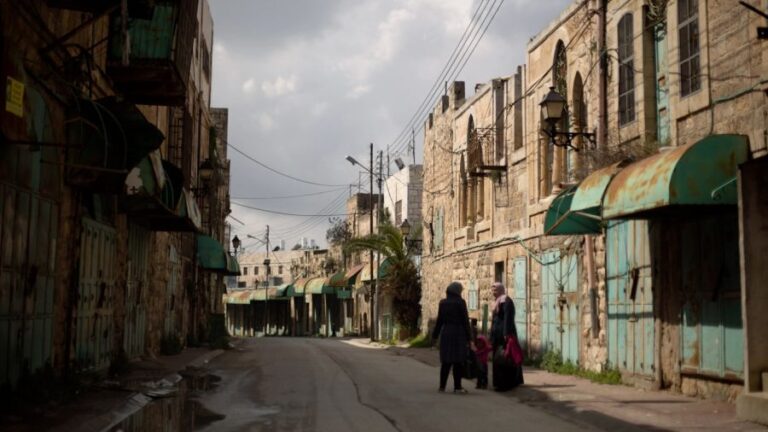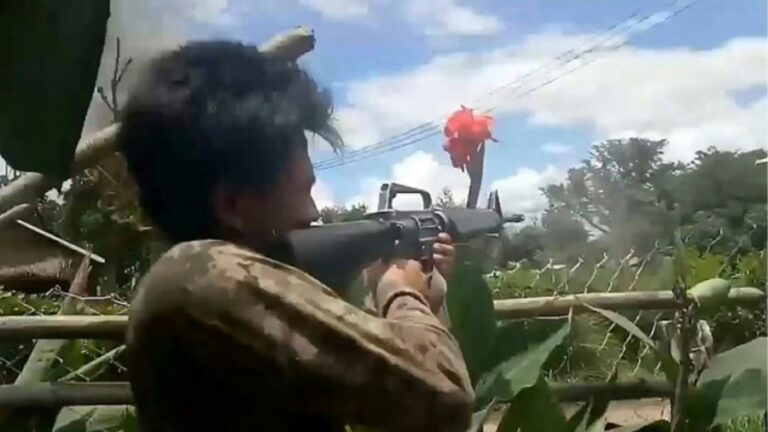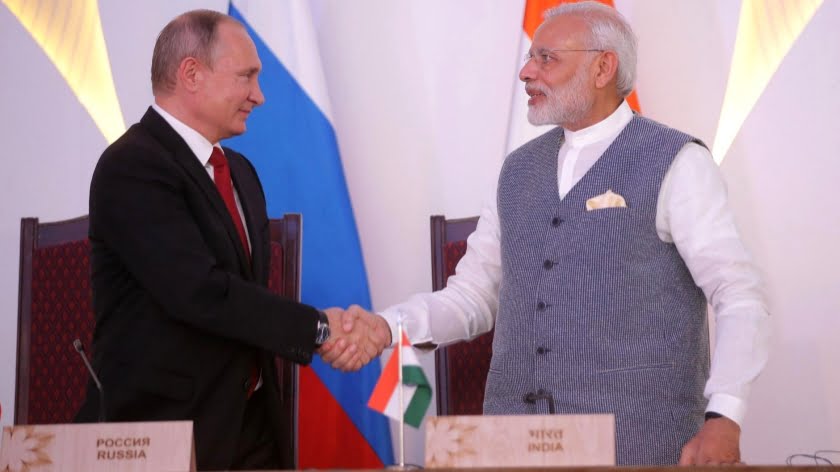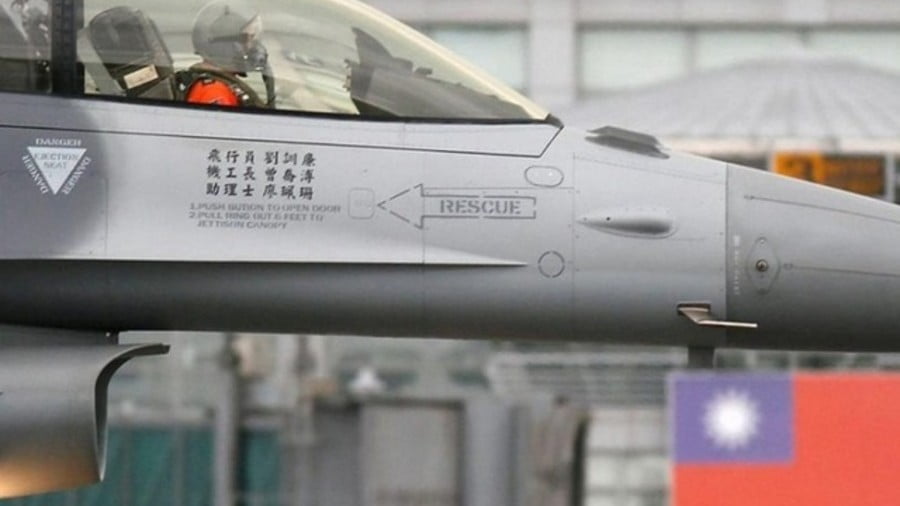Ethiopia’s Military Reorganization Is Aimed at Preemptively Averting Another Tragedy
Ethiopia is a cosmopolitan civilization-state whose unity is being challenged like never before due to the speed at which divisive narratives can proliferate throughout society as a result of social media. The country is on the threshold of far-reaching reforms aimed at finally resolving its many preexisting problems in the fairest way possible, but this can only happen once its security and stability are confidently ensured, thus adding crucial context to the latest military reorganization.
The Ethiopian federal authorities plan to reorganize regional special forces. They clarified that this isn’t a disarmament, however, and that each state will still be allowed to maintain their own security forces per the constitution. The pertinent individuals have the option to join the federal or regional police, integrate into the centralized army, or return to civilian life. These facts are crucial to keep in mind due to the disinformation that’s swirling around about this process.
Prime Minister (PM) Abiy Ahmed’s half-decade-long tenure has been characterized by speculation that he plans to erode each region’s constitutional rights, the perception of which was exploited to extend credence to the TPLF’s cause in their two-year-long war against the federal government. That conflict ended with last November’s peace agreement, but rumors about PM Abiy’s political intentions still persist. If they’re not put to rest, then another TPLF-like tragedy might ultimately transpire with time.
Therein lies the purpose of Ethiopia’s military reorganization, which is aimed at preemptively averting this worst-case scenario. Regional special forces played an important role in thwarting the TPLF during the latest war, but without their reorganization in peacetime, some of them could be exploited by self-interested demagogues to threaten the federal government. Should that happen, then another conflict might erupt, which would be against the interests of all responsible stakeholders.
The challenge is that Ethiopia remains beset by a bevy of interregional disputes, with the ones between the Amhara and Tigray Regions being the most explosive by far, especially in the aftermath of the latest war. The first’s special forces helped the national army dislodge the TPLF from the western and southern part of the second’s territory, which many in Amhara regard as historically being their region’s own but were annexed by the prior TPLF-led federal government to Tigray as part of its divide-and-rule policy.
They accordingly believe that these areas must be returned to the Amhara Region for the sake of historical justice, but unilaterally doing so risks amplifying the perception among some that PM Abiy is allied with Amhara Nationalists. Some Oromo are suspicious of those socio-political forces, so it wouldn’t be unexpected if they exploited the aforementioned perception in that scenario to initiate another round of unrest.
In fact, there still exist certain armed groups within that region that occasionally fight against the federal forces, which represents yet another security challenge that the central government must manage. The Oromo Region also has its own interregional disputes, notably over the capital of Addis Ababa and with the Somali Region. If PM Abiy unilaterally reversed the prior TPLF-led federal government’s territorial reorganization that led in the current Amhara-Tigray dispute, then he’d be pressured to reverse others.
That said, there’s no denying that something must be done to resolve Ethiopia’s many interregional disputes, but it’s impossible to please all parties since some of their positions are irreconcilable. It’s premature to predict whether top-down federally led or bottom-up referenda-driven measures will be implemented, whether on a case-by-case basis or with respect to all of them, but it’s plain to see that these disputes have to be dealt with since their continued existence kindles future conflicts.
It’s within this sensitive context and amidst persistent speculation about PM Abiy’s political intentions, both regarding the future of Ethiopia in general and its interregional disputes in particular, that its military reorganization is being carried out. The ground is therefore very fertile for rumors to flourish, thus explaining why some in the Amhara Region are wary of the federal government’s latest policy since they fear that it’ll precede the central authorities’ unilateral resolution of their dispute with Tigray.
Those who subscribe to this view should be reminded that Ethiopia’s military reorganization is taking place in every region, not just the Amhara one. Furthermore, its successful completion will enhance their country’s stability by preemptively averting future TPLF-like conflict scenarios. This will place Ethiopia in a better position to begin dealing with its interregional disputes, the details of which haven’t yet been disclosed but could be expected to be shared sometime after its military reorganization ends.
The success of that policy hinges on the trust that each region’s society places in PM Abiy. He’s admittedly in a very difficult position since he inherited a plethora of problems from his TPLF predecessors, but this visionary leader is sincerely doing his best to resolve them in the fairest way possible. His reform agenda was derailed by the latest conflict, but now he seems set on addressing these preexisting disputes, though first he must reorganize the military for the explained reasons.
Everything in this respect must be done extremely carefully due to the sensitivity of Ethiopia’s socio-political situation, hence the need to promulgate a plan that first preemptively thwarts kinetic threats prior to managing semi-kinetic ones pertaining to weaponized protests (Color Revolutions). Without taking care of the former, the latter could more easily evolve in the kinetic direction, at which time another TPLF-like conflict could quickly materialize.
Ethiopia is a cosmopolitan civilization-state whose unity is being challenged like never before due to the speed at which divisive narratives can proliferate throughout society as a result of social media. The country is on the threshold of far-reaching reforms aimed at finally resolving its many preexisting problems in the fairest way possible, but this can only happen once its security and stability are confidently ensured, thus adding crucial context to the latest military reorganization.
All responsible stakeholders will benefit from the latest policy and those that’ll inevitably follow it with time, but they must trust in PM Abiy in order for this to happen. Subscribing to speculation about his intentions, let alone violently resisting the federal government’s pragmatic reorganization of regional special forces, risks unraveling the hard-earned restoration of their national unity. Hopefully PM Abiy’s step-by-step plan will proceed without any major disruptions and all TPLF-like threats will be thwarted.







